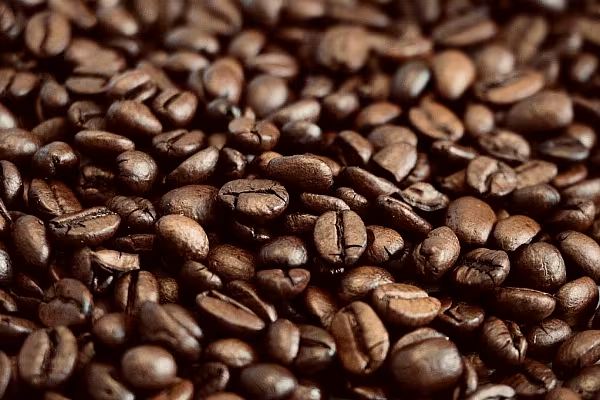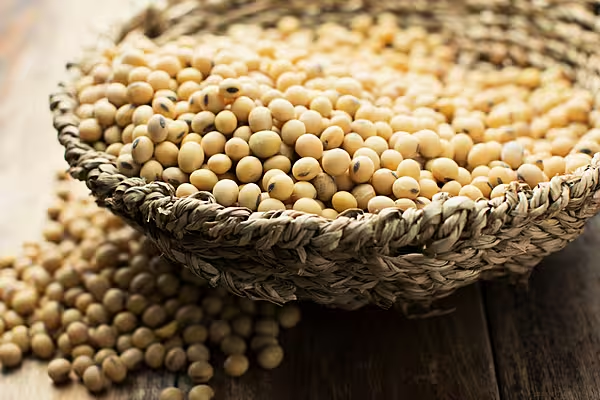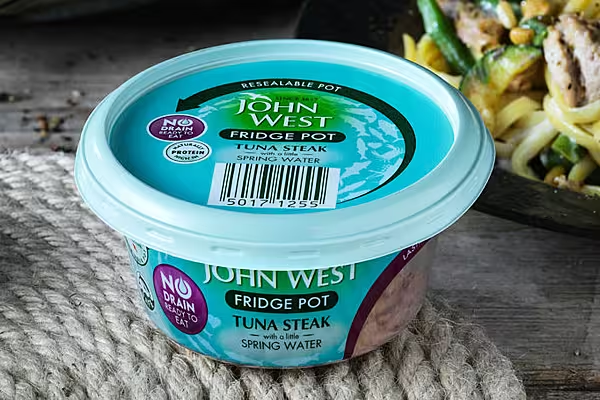The coffee crop in Vietnam, the largest producer of the robusta bean variety typically used to make instant coffee, will fall up to 10% in the new season, which began this month, to possibly the lowest in a decade, five traders and sector representatives said.
The decline follows the country's worst drought in nearly a decade, which lasted between March and early May – a critical phase of crop growth – as well as two consecutive seasons of falling crops, industry data shows.
Vietnam accounts for nearly 40% of the world's robusta.
Its declining output helped to drive exchange futures LRCc2 - used to price physical robusta around the world - to their highest in nearly half a century last month.
"Although rains returned in May, the drought's detrimental effects were not entirely offset. Some trees perished, while others did not yield much," the Mercantile Exchange of Vietnam's deputy chief Nguyen Ngoc Quynh said. He expects a 10% fall.
By contrast, Trinh Duc Minh, the head of the Buon Ma Thuot coffee association, predicted output would fall by 5.4% in the 2024/25 season, which runs from this month to next September, adding that was enough to keep prices elevated.
Harvest Expectations
Europe-based traders expected falls of as little as 3.4%, but even that would be significant because it adds to the global robusta shortage that has driven the two-year price rally that has affected arabica as well as robusta.
Demand for robusta has increased after roasters started switching into it after a freak frost in mid-2021 in top arabica producer Brazil decimated the crop there.
That sent global arabica prices KCc1 soaring, and helped to cause three successive years of global deficits in coffee.
"Demand is shifting back (to arabica) now, but there's always a lag," said a second Europe-based trader, who spoke on condition of anonymity.
Robusta and arabica are to some extent fungible, but it can take time for large, multi-national roasters that tend to order stock many months in advance to adjust to price changes.











